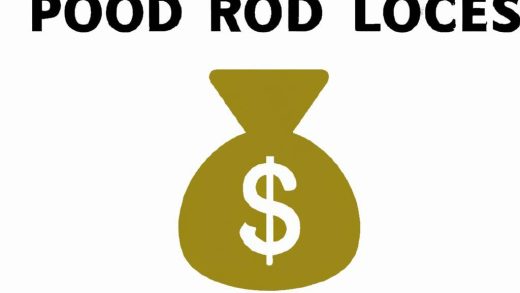In a world where financial stability often feels just out of reach, mastering your finances has become not just a goal, but an art form in itself. Budgeting, once viewed as a rigid exercise in restraint, is now celebrated as a dynamic tool for empowerment and freedom. It’s the canvas upon which you paint your financial future, bringing color and clarity to your aspirations and daily decisions. But how do you transform the daunting task of budgeting into a manageable and even enjoyable process? In this article, we will explore the essential principles of creating a budget that reflects your values and lifestyle, as well as the commitment required to maintain it. Together, let’s embark on a journey towards financial mastery, where balance and harmony await those willing to pick up the brush and sketch their own path to prosperity.
Crafting Your Financial Blueprint for Success
Creating a financial blueprint for your life involves more than just numbers; it requires a strategic approach that aligns with your personal goals. Begin by setting clear **financial objectives** that inspire you. Consider the following elements as you construct your budget:
- Income Overview: Document all sources of income to understand your starting point.
- Essential Expenses: List fixed expenses such as rent, utilities, and groceries to gauge your non-negotiable outflows.
- Savings Goals: Allocate a specific percentage of your income for savings aimed at future investments or emergency funds.
- Discretionary Spending: Identify areas where you can indulge without breaching your financial plan, such as entertainment or dining out.
To visualize the interplay between these elements, consider using a simple table to outline your monthly budget:
| Category | Amount |
|---|---|
| Income | $3,000 |
| Essential Expenses | $1,500 |
| Savings | $600 |
| Discretionary Spending | $900 |
Through dedicated analysis and commitment to your financial practices, you can build a resilient framework that not only supports your day-to-day living but also paves the way for long-term success and stability.

Strategies to Cultivate Budget Discipline and Achieve Financial Goals
Building and maintaining budget discipline is often more about developing the right habits than the numbers themselves. Start by establishing **specific financial goals** to give your budgeting purpose; whether it’s saving for a vacation or paying down debt, having clear objectives helps you stay focused. Next, utilize tools such as **budgeting apps** or **spreadsheets** to track your expenses. Making it a regular practice to review your spending can illuminate patterns that need adjusting. Consider implementing the **50/30/20 rule**, which allocates 50% of your income to needs, 30% to wants, and 20% to savings and debt repayment. Additionally, creating a **visual representation** of your progress can significantly boost motivation. Use methods like **color-coded charts** or jars to categorize your savings visually, reinforcing the cheerful journey towards your financial goals. Regularly recalibrating your budget—like a seasoned traveler adjusting directions—ensures you remain on the path to financial success.
| Financial Goal | Strategy | Timeline |
|---|---|---|
| Emergency Fund | Save 3-6 months of expenses | 6-12 months |
| Debt Free | Snowball method for debt repayment | 1-3 years |
| Vacation Fund | Set aside a fixed amount monthly | 1 year |
Final Thoughts
mastering your finances is not just about crunching numbers or tracking expenses; it’s an art that combines discipline, foresight, and flexibility. As you embark on your budgeting journey, remember that each line item represents more than just figures on a page—it reflects your values, aspirations, and the life you wish to create. By developing a budget that resonates with your unique circumstances and sticking to it with commitment and adaptability, you can take confident strides towards financial freedom. Embrace the process, celebrate your progress, and let each budgeting cycle empower you to make informed choices. As you navigate the road ahead, know that financial mastery is a journey, not a destination. With each adjustment and every goal achieved, you’re not just balancing your books; you’re crafting a brighter, more secure future. Keep at it, and watch as your financial landscape transforms into one of stability and opportunity.










